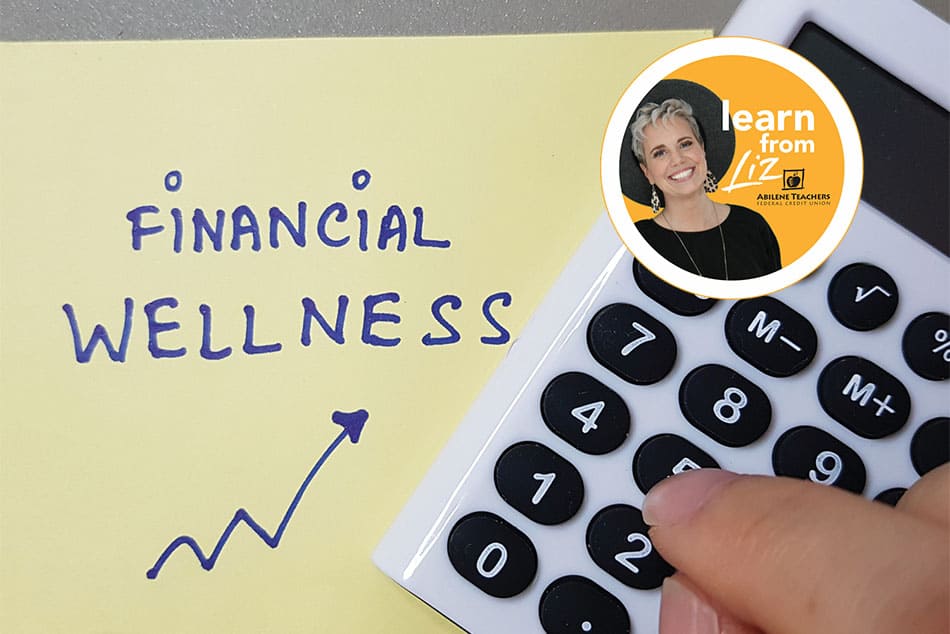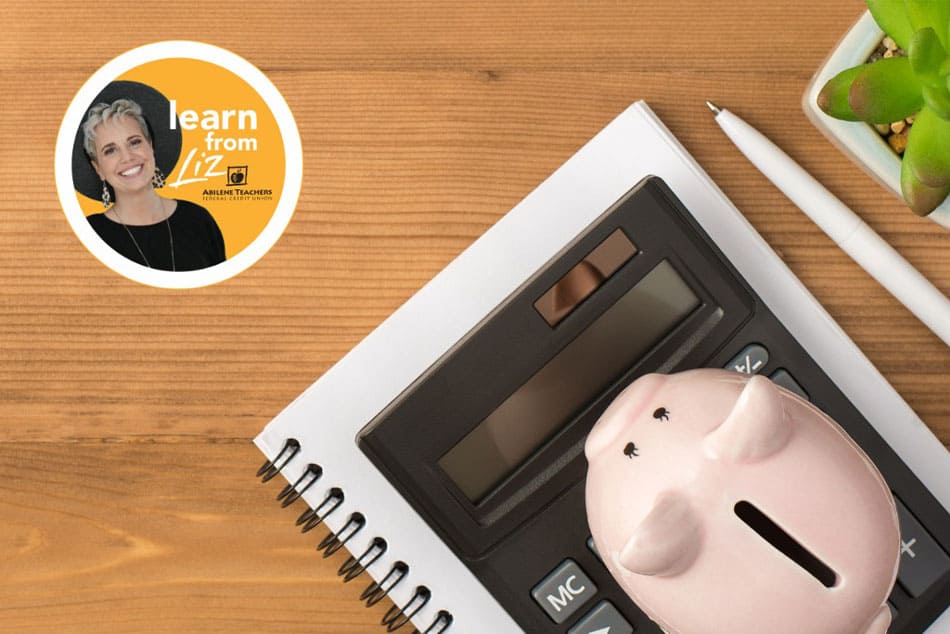Hard Questions about Death and Finances

Man, this is a hard one. No one wants to think about their loved ones passing away, let alone themselves! But that is not fair to the people we love and leave behind. 2019 was a very hard year for my family. My stepdad passed away from a long battle with cancer in October and my grandmother passed away in November. I tried to help my mom navigate the waters of what to do when her husband of 38 years passed away and then her mom. There are so many things that have to be taken care. The decision making and hard days don’t stop when the funeral has been planned, paid for, and taken place. No, that is just the beginning. It can take months or even years to finalize all the financial and legal issues that come up when someone passes away. The financial affairs surrounding my MeeMaw’s estate were not finalized until the end of 2020. And my mom received another check in my stepdads name a year and a half after he died.
As hard as that year was for all of us it also opened our eyes to what needed to be completed before something like that happened again. I hate to think about my mom not being here anymore but that won’t stop it from one day being my reality. One day my husband or children will be faced with my passing and I want to make sure I do everything possible to make the process as easy as I can. Of course, ‘easy’ is not a word that accurately describes any part of death but if I can do my piece to help, I want to. Below are some things to think about and have in place BEFORE you need them…
Q: My close relative is getting on in years, so I’m wondering: What happens to their accounts and debts after they pass away?
A: No one likes to think about these things, but it’s best to plan in advance to avoid frustration and financial loss during an already difficult time.
Here’s what you need to know about what happens to someone’s financial accounts, debts and more when they die:
What happens to financial accounts upon the account holder’s death?
This depends on whether or not there is a named beneficiary or joint owner with rights of survivorship. An account with a named beneficiary is also known as a Payable On Death, or a POD, account.
If the account is a POD account, the beneficiary can collect the funds in the account when the account holder dies. There’s no need to drag things to court. Just show your photo ID and your relative’s death certificate to the financial institution, and it will assist you.
If there is no named beneficiary and there is a will, the financial institution will release the funds in the account to the executor of the estate, who will distribute it according to the deceased’s will after it is probated. This process involves a legal document known as a Letter of Testamentary. Such a Letter is issued by a probate court and grants authority to the executor of a will to manage and administer the deceased person’s estate.
If there is no will, the funds will be distributed according to state law and/or the heirs of the deceased listed in an Affidavit of Heirship. Remember, joint owners and Payable On Death beneficiaries always override the estate process.
It’s always a good idea to write up a Living Trust or Will, establish a power of attorney and draft a medical directive before any of these are needed. Keep in mind that a Power of Attorney (POA) stops at death.
What happens to credit card debt after the card holder dies?
You probably won’t get stuck paying off your relative’s credit card debt; however, there are some exceptions. A family member might be accountable for such debts if:
They have co-signed for deceased’s credit card.
The debt is connected to a jointly owned property or a business.
They live in one of nine community property states – Texas, Arizona, California, Idaho, Louisiana, Nevada, New Mexico, Washington and Wisconsin.
How are credit cards and other debts paid after the debtor’s death?
Here’s where probate comes in. Probate is the legal process of paying off the debts and distributing the assets of a deceased person. A probate court will determine exactly how this is done.
If the deceased left a will, the probate court will oversee and legalize the transfer of assets through an appointed executor.
If the deceased has left a living trust, the assets will automatically pass on to the beneficiaries without the need for an executor, or for lengthy court appearances and expensive attorney fees.
The beneficiaries of the deceased’s estate will not be allowed to take ownership of any assets if the deceased has outstanding debts. The creditor will need to submit a claim for the assets before a state-imposed deadline. If they have done so, and there is enough money or assets to cover the debt, it must be paid.
There are some assets that are off-limits to creditors, including life insurance policies, retirement accounts, and Payable On Death accounts.


